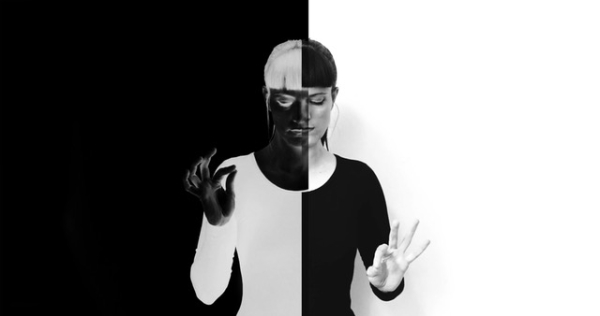Bird Talk #9: Anahita Razmi
How can ambivalences,
hybridity and ambiguity be described and visualised, and how and when do they get lost? Where do they exist in a time that
seems to be dominated by zeros and ones, categories and hashtags? When are they perceived as an (ambiguous, undecided) stigma,
when are they seen as a space of possibility? How do we experience these 'swing states', these indeterminacies, and where
do they become political?
In her lecture New Swing States, the artist Anahita Razmi
explores these and other questions, referring to her working practice as well as to the meaning of language, place and culture
anchored in it from a trans- and intercultural perspective. Anahita Razmi's art often takes place in different sites and through
changes of location, focusing on the performative nature of culture and the relational aspects of these sites without relativising
them. As a result, 'context' becomes artistic material, while attempting to deconstruct power constellations between East
and West, Global South and Global North.
GUEST
Anahita Razmi (*1981, Hamburg) is a
German-Iranian artist who works with installation, performance and moving images. In her transcultural artistic practice,
she often employs strategies of appropriation and contextual displacement to deconstruct relationships between image &
power and identity & representation. Razmi's works have been shown in international institutions such as the Museo Jumex
in Mexico City, Halle 14 in Leipzig, the Zacheta National Gallery of Art in Warsaw, the Kunstraum Innsbruck in Austria, the
Sazmanab Centre for Contemporary Art in Tehran, the Kunsthalle Baden-Baden, the National Art Center in Tokyo, the Kunstmuseum
Stuttgart as well as at the 7th Cannakale Biennale and the 5th Bucharest Biennale. In addition to other international art
prizes and grants, Razmi has received a scholarship from the Tarabya Cultural Academy, Istanbul (2020/2023), the Goethe at
LUX Residency, London (2018), the MAK-Schindler Scholarship, Los Angeles (2013) and the Emdash Award, Frieze Foundation, London
(2011).




